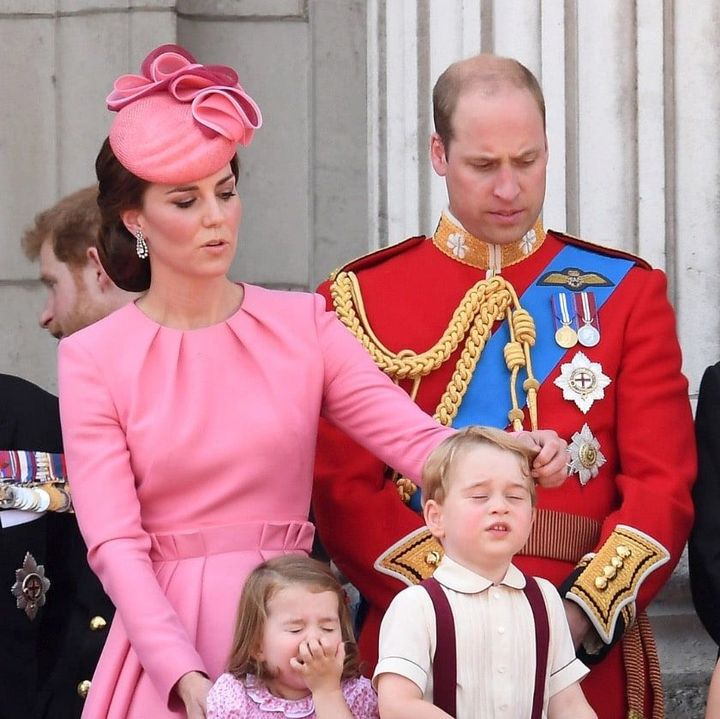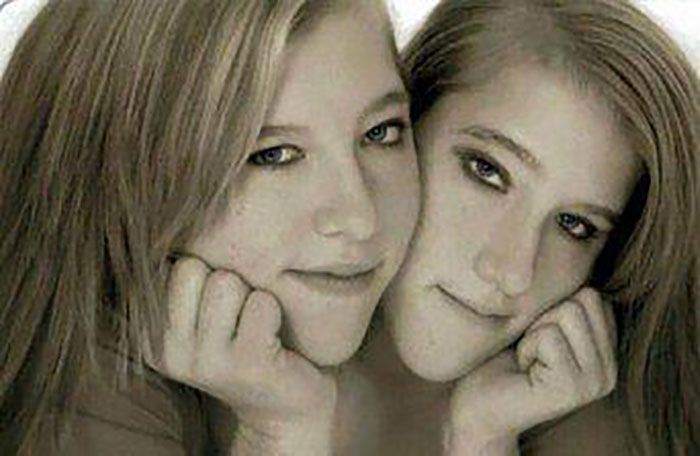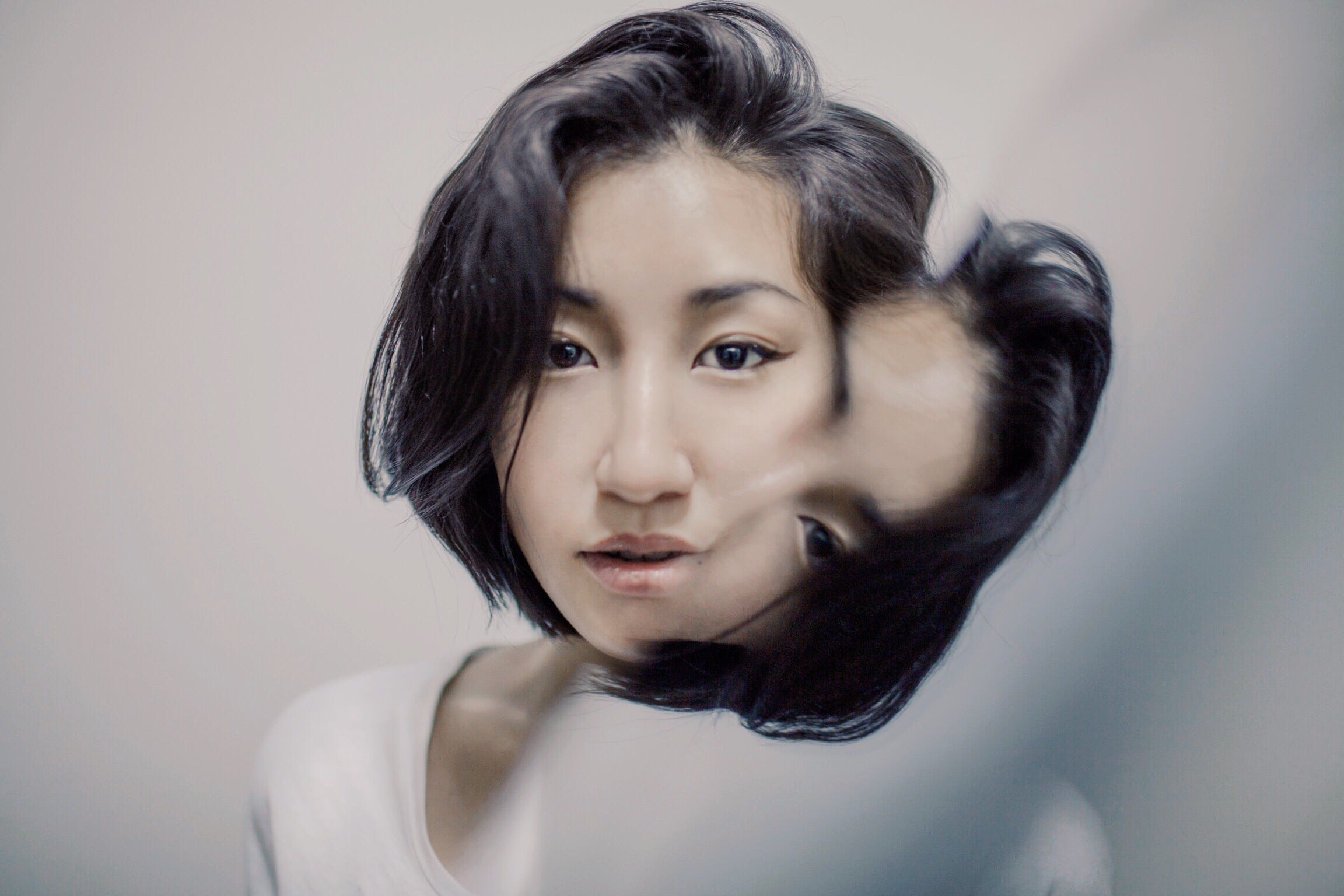The Power of Looks: Understanding Lookism and the Future of Physical Enhancements
Imagine reading about a surgery that promises to lengthen your legs making you appear taller and more attractive. At first glance it might seem like a trivial pursuit. But upon deeper reflection this pursuit raises questions about our society's ideals and the concept of equality. In this article we will explore the phenomenon known as lookism which encompasses discrimination based on physical appearance. Lookism affects us all regardless of our gender age or social status. By examining the impact of lookism and the potential for advanced physical enhancements we can gain insights into the future of beauty and equality.
The Reach of Lookism: Discrimination Knows No Bounds
Welcome to the realm of lookism a term that's as intriguing as it is unsettling. This isn't just about good looks; it's about how physical attractiveness can tilt the scales of fairness in ways you never imagined. Think lookism is limited to the glitz and glamour of Hollywood? Think again!
This phenomenon stretches its invisible arms far beyond the red carpets and movie sets. It's in our courtrooms our offices and even in the subtle nuances of our daily interactions. It's a bias that doesn't care about age race or background. Even the most celebrated beauties aren't immune as they too face the inevitable ticking of time watching their spotlight dim.
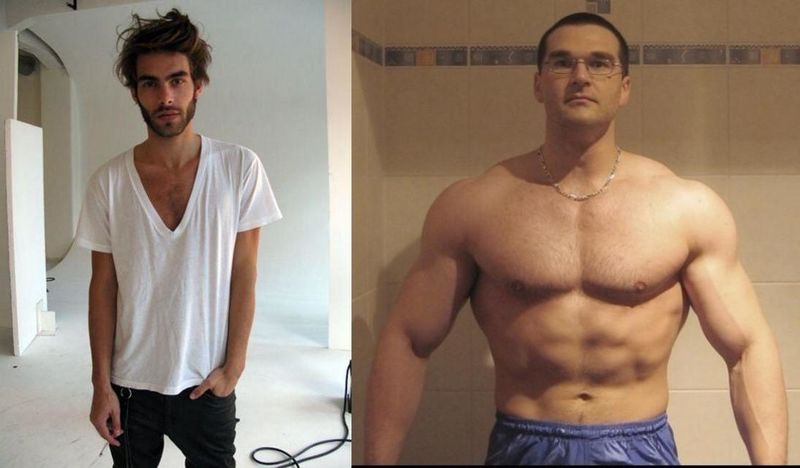
But here's the real shocker: studies have revealed that attractive individuals often get off lighter in legal battles and even bag bigger paychecks than their less attractive peers. It's a startling revelation that puts lookism on par with the income disparities seen across different races. This isn't just a superficial issue; it's a deep-rooted bias that's shaping our society our justice system and our economy.
Lookism is more than just a buzzword; it's a mirror reflecting the often-unspoken prejudices that govern our world. It's a wake-up call to recognize and challenge the hidden biases that influence our judgments and opportunities.
Unveiling Lookism: The Challenge of Recognition
Lookism a term that's buzzing under the radar is a phenomenon impacting lives in ways you wouldn't believe. It's a topic shrouded in mystery and rarely makes it to our dinner table discussions. But why is this critical issue staying in the shadows?
Here's where it gets tricky: tackling lookism is like walking a tightrope. Admitting you're a victim of lookism is almost like confessing you don't fit the societal standard of beauty – a tough pill to swallow. And pointing fingers at others as victims? That's a whole other can of worms often seen as an insult. It's a delicate dance of perceptions and self-esteem.
But wait there's more! Delving into lookism opens Pandora's box of ethical dilemmas and uncomfortable questions. Take height surgery for example. If we start accepting it as a norm aren't we indirectly labeling short stature as a flaw? It's a slippery slope that challenges our very understanding of beauty and normalcy.
By bringing lookism into the limelight we're not just talking about an issue; we're sparking a revolution in how we perceive beauty. It's about breaking down the barriers of conventional attractiveness and redefining what it means to be beautiful. This conversation is more than skin deep; it's a chance to reshape societal norms and embrace a more inclusive definition of beauty.
From Lookism to Transfiguration: Rethinking Physical Enhancements
The term "pretty privilege" often trivializes the serious implications of lookism fostering a perception that beauty is shallow and unworthy of examination. To truly understand and address lookism we need to redefine the boundaries of physical enhancements and remove the stigma surrounding them. In the future as advancements in technology continue physical enhancements may become noninvasive reversible and indistinguishable from routine skincare procedures. This vision of transfiguration represents a dignified evolution of beauty enhancements that aligns with our quest for equality.
The Authenticity Debate: Breaking Through Preconceived Notions
One common argument against physical enhancements is the idea that artificial beauty is inherently inferior and lacks authenticity. However drawing a clear boundary between natural and artificial beauty proves challenging. We readily accept corrective procedures such as braces or Lasik surgery as socially acceptable but often question the legitimacy of other enhancements. By constantly redrawing these boundaries we impose our subjective judgments on what is considered acceptable or artificial. Denying the beauty of individuals who have undergone gender-affirming surgeries or facial feminization surgery contradicts our quest for equality and inclusivity.
Embracing Change: Shifting Perspectives on Beauty
Gone are the days of rigid unchanging standards of beauty. We're stepping into an era where the definition of beauty is as fluid as the ocean constantly evolving and reshaping itself.
Think about it: we marvel at the natural world admiring the order and harmony in its design. But here's the twist – even nature in all its glory often presents beauty that seems almost orchestrated challenging our traditional views. This realization is a game-changer pushing us to question the old-school beliefs that only unaltered beauty is worthy of admiration.
But wait there's more! This shift in perception isn't just about appreciating different forms of beauty; it's about building a society that's more inclusive and empathetic. Imagine a world where beauty isn't confined to a single mold but is celebrated in its myriad forms – altered unaltered and everything in between.
By embracing this dynamic aesthetic landscape we're not just changing beauty standards; we're transforming our society. It's a call to break free from the shackles of outdated beliefs and open our hearts to the diverse expressions of beauty around us. It's time to cultivate a world where beauty is boundless and every expression is valued.
Transfiguration: Overcoming Unfairness and Fostering Equality
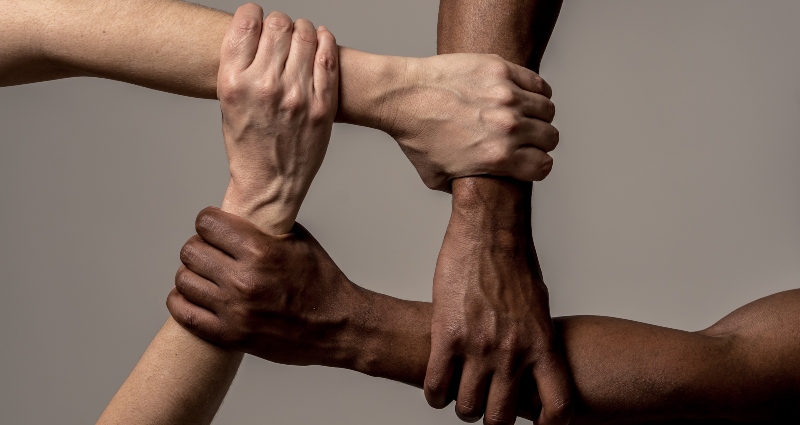
Discrimination based on factors beyond an individual's control such as physical appearance is ethically wrong. Society confers unfair advantages upon those deemed more attractive which further exacerbates the inequalities in our world. Transfiguration as a pathway to counteract such unfairness provides a means for individuals to seek physical enhancements without facing societal condemnation. It is time to challenge the hypocrisy of penalizing individuals for their perceived lack of beauty while simultaneously denying them the opportunity to improve their appearance.
In conclusion lookism is a prevalent form of discrimination that impacts individuals across all demographics. By embracing the concept of transfiguration and redefining our perceptions of beauty we can foster a more egalitarian society. It is essential to recognize the potential benefits of physical enhancements and remove the stigma surrounding them. As our understanding of beauty evolves so too should our acceptance of diverse forms of self-expression. Let us challenge the status quo and work towards a future where beauty is celebrated in all its forms empowering individuals to live fully realized lives.
